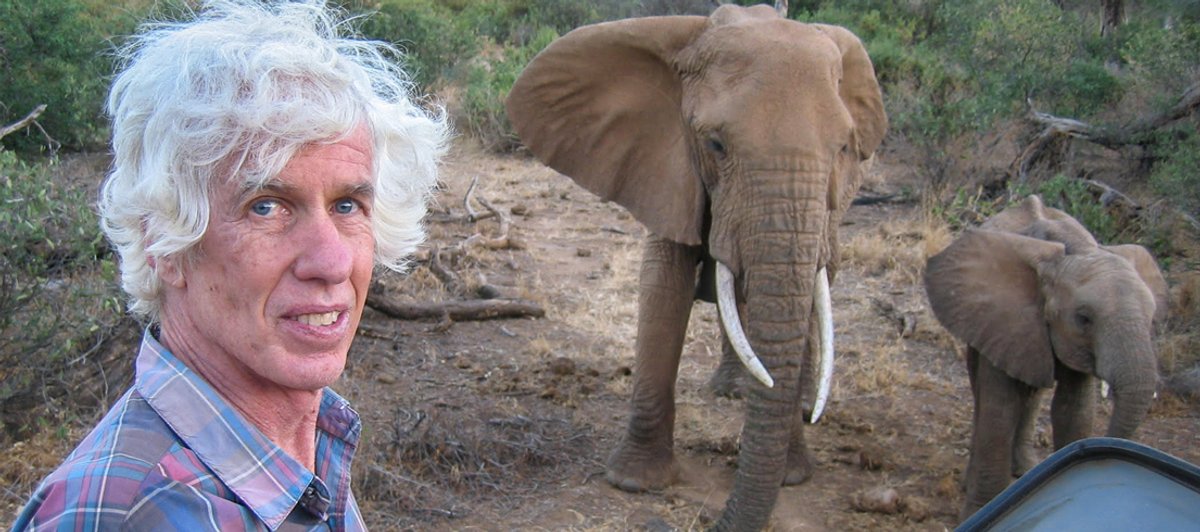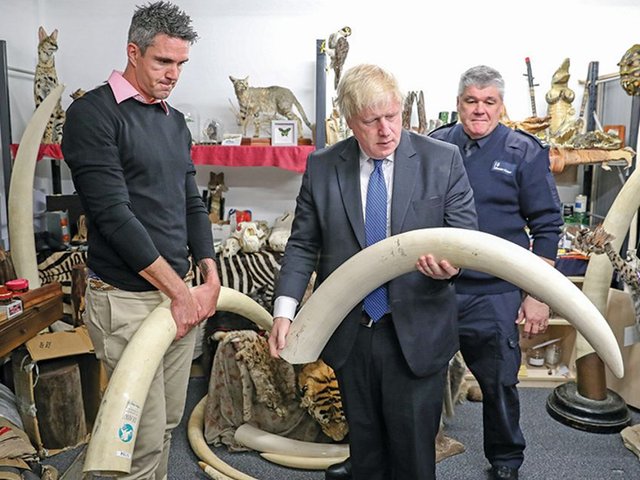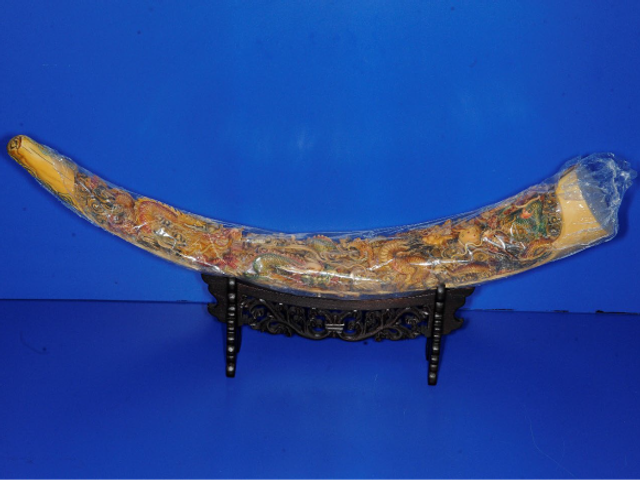Esmond Bradley Martin, a leading investigator into the illegal ivory trade, was found dead in his Nairobi home on Sunday with a stab wound to his neck. According to initial reports, police suspect a botched burglary, but concerns have been raised that the American-born conservationist was murdered because of his work.
Bradley Martin, a geographer by training, spent decades risking his life to secretly photograph and document illegal sales of ivory and rhino horn, mainly from Africa to markets in Asia. He had recently returned from a trip to Myanmar and had been due to publish a report exposing how the ivory trade had shifted from China to neighbouring countries including Laos, which has the fastest growing market in the world.
Research by the 75-year-old was instrumental in China’s decision to ban its legal rhino horn trade in 1993. He also pressured the country to end legal ivory sales–a law that came into effect on 1 January.
In an interview with Nomad magazine in October, Bradley Martin described how, when he first got involved in conservation in the 1970s, there were 20,000 rhinos in Kenya, but by the 1990s most had been eliminated.
Contrary to popular belief, he said, rhino horn was not being shipped to China to be used as an aphrodisiac, but was going to North Yemen, where it was being used to make handles for jambiyas (Yemeni daggers). As for elephant ivory, Bradley Martin found that 40% ended up in Japan, where it was used for making name seals, called hankos, around 20% went to Europe and 10-15% to the US.
As news of Bradley Martin’s death spread, conservationists and wildlife campaigners took to social media to express their shock and sadness. Save The Elephants described him as a “long term ally” and a “passionate champion of wildlife”.
John E. Scanlon, the secretary general for the Convention on International Trade in Endangered Species of Wild Fauna and Flora (Cites), said he was “deeply saddened” by the news. “Esmond was extremely active and engaged in Cites issues for many decades,” Scanlon said. “He will be sadly missed. His legacy lives on.”
• How will the UK's proposed ivory regulations affect the trade?
• Antique ivory not affected by China's complete trading ban




